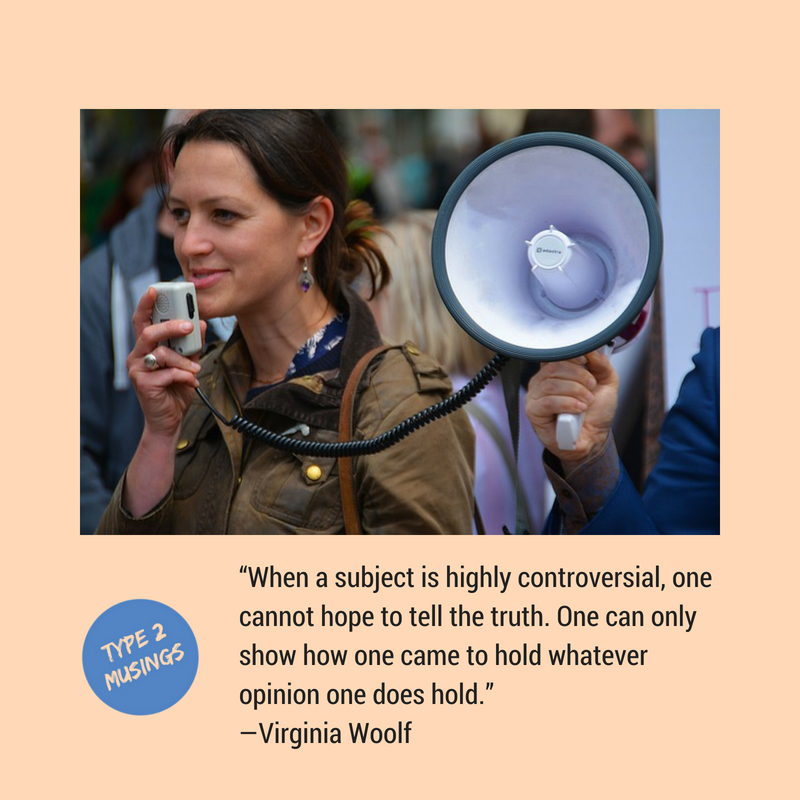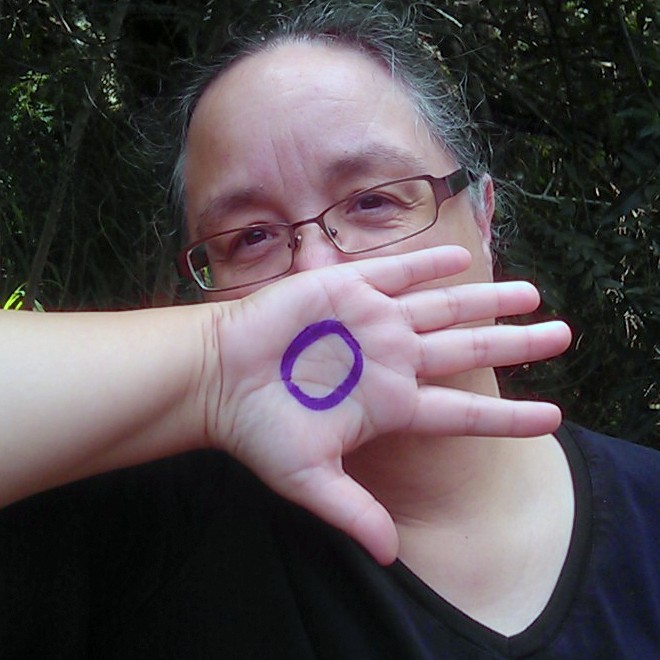Why patient advocates need to build their own platforms
I’m cutting straight to the chase. The reason individual patient advocates need to build their own platforms, in one word, is “control.”
A platform of One’s own
Virginia Woolf spoke of A Room of One’s Own. I’m suggesting A Blog of One’s Own. Or a podcast. Or a video channel. Or a website.
Somewhere you can publish your thoughts and observations without interference.
I’m not talking about a platform where someone else makes the rules. Where someone else sets the editorial boundaries and enforces them.
I’m not talking about a platform where you have to buy ads to get in front of an audience.
I’m not talking about a platform where they lure you in with the promise of easy setup and site management, until they change how their platform works.
I’m not talking about a platform where, somewhere buried deep in their terms & agreements, they say they own all the content shared on their platform.
I’m not talking about a platform where, if the shareholders or investors don’t see a profit or decide they no longer want to be in the platform business, they can simply shut it down.
I’m talking about your own corner of the online universe.
Control is the reason advocates need to build their own platforms
Whatever form it takes, if the platform is yours you get to say pretty much what you want, when you want, and how you want. Short of committing libel or breaking some other law you have free reign.
There’s no editor to satisfy, other than the one in your own head.
There’s no content calendar to match. Want to talk about diabetes awareness outside of November? Do it! Want to share your reflections on a medical news item months after it’s been announced? Go ahead. Want to share moody pictures of you cat as a metaphor for life with a chronic illness. Okay.
On your own platform you can talk how you want. Salty language? Up to you. Raw emotion? That’s your choice. Want to use technical terms, readability score be damned? Go for it!
Tell your story the way you want to
Some argue that having other people in control is needed. They keep the information accurate and the story truthful. And by doing so they lend credibility to what you are saying.
My response is to this argument is to say no one else knows what I have experienced in my life with diabetes. No one else can make sense of it for me. No one else can tell my story.
So to all the patient advocates out there I say this: Build your own platform so that you have a place to freely share your experiences and observations. To share your opinions. To share your truth.
Whether you reach one person or thousands, know that you are making an impact.


